Tester un Varistor Mastering : Comprehensive Guide to MOVs and Power Supply Testing
Discover the expertise of DXM in our comprehensive guide, "Tester un Varistor Mastering: Comprehensive Guide to MOVs and Power Supply Testing." This detailed resource provides insight into testing a varistor (varistance) efficiently. Learn the essentials of metal oxide varistors (MOVs) and enhance your power supply testing techniques. Optimize your understanding and application with our trusted guidance, tailored to elevate your operational efficiency. Trust DXM for unmatched expertise in varistor testing.
- 1. Understanding Switching Power Supplies and the Role of MOVs
- What is an SMPS and Why is Tester un Varistor Important?
- Key Components: From Transformers to MOVs
- 2. The Critical Function of MOVs: Why Tester un Varistor Matters
- The Purpose of MOVs in Circuit Protection
- How MOVs Operate: The Science Behind Varistor Testing
- 3. Identifying MOVs: The First Step in Tester un Varistor
- Visual Characteristics: Spotting MOVs for Testing
- MOVs vs. Capacitors: Avoiding Confusion When You Tester un Varistor
- 4. Step-by-Step Guide: How to Tester un Varistor Effectively
- Essential Tools for Varistor Testing
- The Tester un Varistor Procedure: A Detailed Walkthrough
- 5. Interpreting MOV Test Results: The Key to Effective Tester un Varistor
- Normal MOV Readings: What to Expect
- Signs of MOV Failure: When Tester un Varistor Reveals Problems
- 6. Advanced Techniques: Taking Your Tester un Varistor Skills to the Next Level
- Leakage Current Testing: A Deeper Dive into MOV Health
- Clamping Voltage Verification: Ensuring MOV Performance
- 7. Maintaining MOV-based Surge Protection: Beyond Basic Tester un Varistor
- 8. Tester un Varistor in Various Applications: Expanding Your Expertise
- Varistor testing in Power Supplies: Ensuring Continuous Operation
- Industrial Equipment: The Critical Role of Tester un Varistor
- Telecommunications: Safeguarding Communication Infrastructure
- 9. Future Trends in Surge Protection: The Evolution of Tester un Varistor
- 10. Conclusion: The Ongoing Importance of Tester un Varistor
- Frequently Asked Questions About Varistor Testing
- Q1: How often should I tester une varistance in my surge protectors?
- Q2: Can a damaged MOV be repaired, or should I always replace after tester une varistance reveals issues?
- Q3: Are there any risks associated with the tester une varistance process?
- Q4: How do MOVs compare to other surge protection devices, and does this affect how I do varistor testing?
- Q5: Can I use a regular multimeter to tester une varistance, or do I need special equipment?
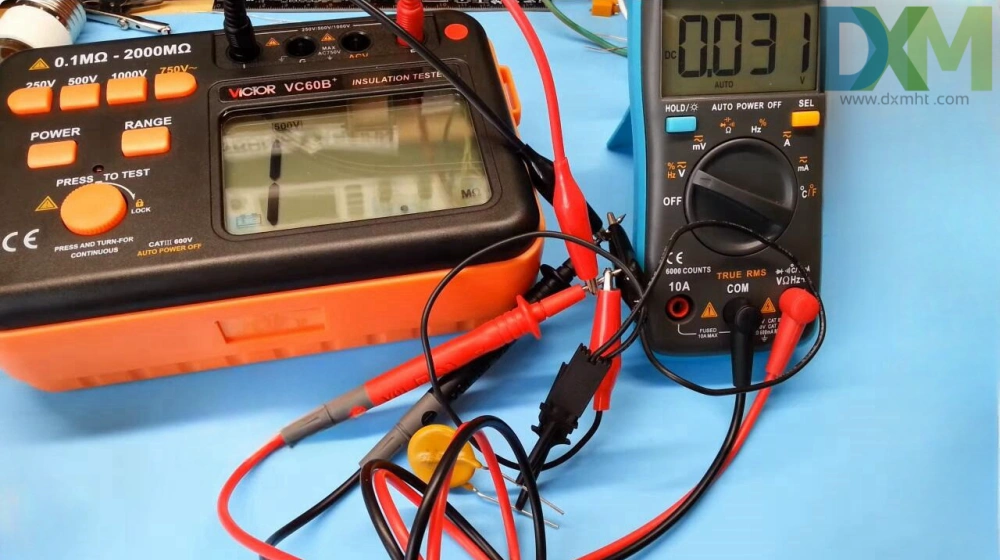
Welcome to our expert guide on how to tester un varistor and ensure the reliability of your power supply units. Whether working with Metal Oxide Varistors ( MOVs ) or varistor testing in surge protection circuits, knowing how to test varistor is essential. This article will walk you through the essential steps to tester une varistance, helping you maintain critical components in switching power supplies and surge protection circuits.
1. Understanding Switching Power Supplies and the Role of MOVs
Before we delve into the specifics of how to tester un varistor, it's important to grasp the context in which these components operate. Switching power supplies (SMPS) are the backbone of modern electronics, and MOVs play a critical role in protecting these systems from voltage spikes and surges.
What is an SMPS and Why is Tester un Varistor Important?
An SMPS efficiently converts electrical power using switching regulators. The process of tester une varistance ensures that the protective components within these power supplies are functioning correctly, safeguarding your valuable electronic equipment.
Key Components: From Transformers to MOVs
- Transformers: The heart of power conversion
- Capacitors: Energy storage and filtering
- MOVs (Metal Oxide Varistors): Crucial for surge protection
- Diodes and Inductors: Regulating current flow
2. The Critical Function of MOVs: Why Tester un Varistor Matters
Understanding how to tester un varistor is essential because MOVs are the first line of defense against overvoltage conditions. Let's explore why these components are so vital and how testing ensures their effectiveness.
The Purpose of MOVs in Circuit Protection
MOVs act as voltage-dependent resistors, rapidly changing their resistance in response to voltage spikes. This ability to Tester un Varistor helps verify that your circuits remain protected against potentially damaging electrical events.
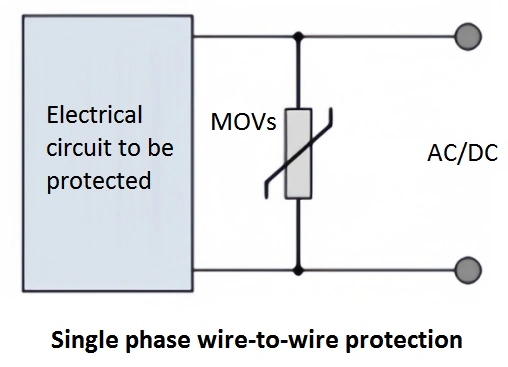
How MOVs Operate: The Science Behind Varistor Testing
When you do varistor testing, you're essentially verifying its ability to switch from a high-resistance state to a low-resistance state in the presence of a voltage surge. This behavior is what allows MOVs to divert excess energy away from sensitive components.
3. Identifying MOVs: The First Step in Tester un Varistor
Before you can effectively tester un varistor, you need to be able to identify MOVs within a circuit. This visual inspection is a crucial first step in the testing process.
Visual Characteristics: Spotting MOVs for Testing
- Disc-shaped components, often blue, black, or red
- Two leads, one on each side of the disc
- Marked with voltage ratings, essential for proper testing
MOVs vs. Capacitors: Avoiding Confusion When You Tester un Varistor
MOVs and ceramic disc capacitors can look similar, but there are key differences to note when preparing to tester un varistor:
- MOVs are generally thicker than disc capacitors
- MOV markings typically include voltage ratings (e.g., "471K275V")
- Capacitors often have temperature coefficients marked (e.g., "Z5U")
4. Step-by-Step Guide: How to Tester un Varistor Effectively
Now that you can identify MOVs, let's dive into the process of testing them. This comprehensive guide will ensure you can tester une varistance with confidence and accuracy.
Essential Tools for Varistor Testing
- Digital multimeter: The primary tool to tester un varistor
- Needle-nose pliers: For safely removing MOVs if necessary
- Safety glasses: Protection is paramount when you do varistor testing.
- Anti-static wrist strap: Prevents damage from electrostatic discharge
The Tester un Varistor Procedure: A Detailed Walkthrough
- Ensure the circuit is completely powered down and discharged before you begin to Tester un Varistor.
- Set your multimeter to resistance mode (Ω) for accurate MOV testing.
- Connect the multimeter probes to the MOV leads to start the varistor testing process.
- Observe and interpret the reading:
- A very high resistance (MΩ range) indicates a functioning MOV.
- A low resistance or short circuit suggests a failed MOV, requiring replacement.
- Reverse the probe connections and repeat the measurement to ensure consistent results.
- Compare the readings - they should be similar in both directions for a properly functioning MOV.
5. Interpreting MOV Test Results: The Key to Effective Tester un Varistor
Understanding the results of your MOV tests is crucial for maintaining the integrity of your surge protection systems. Here's what different readings might indicate when you tester un varistor:
Normal MOV Readings: What to Expect
- High resistance in both directions (typically several MΩ)
- Consistent readings when probes are reversed
- No signs of physical damage or discoloration
Signs of MOV Failure: When Tester un Varistor Reveals Problems
- Low resistance or short circuit readings
- Significantly different readings when probes are reversed
- Visible cracks, burns, or melting on the MOV body
Remember, a failed MOV identified during the tester une varistance process should be replaced immediately to maintain proper surge protection. Always use a replacement MOV with the same voltage rating and energy absorption capability.
6. Advanced Techniques: Taking Your Tester un Varistor Skills to the Next Level
For those looking to enhance their ability to tester un varistor, consider these advanced techniques:
Leakage Current Testing: A Deeper Dive into MOV Health
This advanced method of tester un varistor involves applying a voltage below the MOV's rated voltage and measuring the current flow. A properly functioning MOV should exhibit very low leakage current.
Clamping Voltage Verification: Ensuring MOV Performance
Using specialized equipment to tester une varistance, you can verify that the MOV clamps at its rated voltage. This ensures it will provide adequate protection during an actual surge event.
7. Maintaining MOV-based Surge Protection: Beyond Basic Tester un Varistor
Regular maintenance of your surge protection devices is crucial for ensuring long-term reliability. Here are some tips to keep your MOV-based protection in top shape, complementing your regular tester un varistor routine:
- Perform visual inspections regularly, looking for signs of MOV degradation
- Tester un varistor annually or after known surge events
- Replace MOVs showing signs of degradation, as identified during testing
- Keep surge protectors clean and free from dust to ensure optimal performance
- Avoid overloading surge protectors, which can lead to premature MOV failure
8. Tester un Varistor in Various Applications: Expanding Your Expertise
The skill of varistor testing is valuable across various applications. Understanding these contexts can help you appreciate the importance of MOV testing in different scenarios.
Varistor testing in Power Supplies: Ensuring Continuous Operation
In switching power supplies, knowing how to tester une varistance is crucial for protecting against voltage spikes that could damage sensitive components. MOVs are often found at the input stage, providing the first line of defense against external surges.
Industrial Equipment: The Critical Role of Tester un Varistor
Industrial machinery often operates in environments prone to electrical disturbances. The ability to tester un varistor effectively is crucial for protecting expensive equipment from sudden voltage fluctuations.
Telecommunications: Safeguarding Communication Infrastructure
Telecom equipment is particularly vulnerable to lightning-induced surges. Mastering the art of tester une varistance helps protect sensitive communication equipment from these potentially devastating events.
9. Future Trends in Surge Protection: The Evolution of Tester un Varistor
As technology evolves, so do the methods and components used for surge protection. While the fundamental process to tester une varistance remains important, new developments are on the horizon:
- Integration of MOVs with other protection technologies, requiring advanced testing techniques
- Development of MOVs with higher energy absorption capabilities, necessitating new tester une varistance methods
- Smart surge protection devices with self-diagnostic features, complementing manual testing procedures
- Use of nanomaterials to improve MOV characteristics, potentially changing how we tester une varistance in the future
Staying informed about these trends can help you adapt your tester une varistance skills to meet future challenges in surge protection technology.
10. Conclusion: The Ongoing Importance of Tester un Varistor
Mastering the art of tester une varistance and understanding the role of MOVs in switching power supplies is crucial for anyone working with electronic systems. By learning how to effectively test and maintain these components, you're taking an important step in ensuring the reliability and longevity of your electronic equipment. Remember, the ability to tester une varistance is not just about preserving equipment; it's about safeguarding the continuity of operations and protecting valuable data. Whether you're a hobbyist tinkering with DIY projects or a professional managing critical infrastructure, the skills you've learned here will serve you well. Keep exploring, keep learning, and most importantly, keep your circuits protected by regularly practicing your tester une varistance skills!
Frequently Asked Questions About Varistor Testing
Q1: How often should I tester une varistance in my surge protectors?
A1: It's recommended to tester une varistance annually or after any known significant surge events. Regular testing ensures your surge protection remains effective.Q2: Can a damaged MOV be repaired, or should I always replace after tester une varistance reveals issues?
A2: Damaged MOVs cannot be repaired and must be replaced. Always replace a failed MOV, identified through tester une varistance, with one that has identical specifications.Q3: Are there any risks associated with the tester une varistance process?
A3: When you tester une varistance, always ensure the circuit is completely powered down and discharged. Wear safety glasses and use proper ESD protection to avoid any potential risks.Q4: How do MOVs compare to other surge protection devices, and does this affect how I do varistor testing?
A4: MOVs are popular due to their fast response time and ability to handle high surge currents. The tester une varistance process for MOVs is relatively straightforward compared to some other devices. However, MOVs can degrade over time, making regular testing crucial.Q5: Can I use a regular multimeter to tester une varistance, or do I need special equipment?
A5: A standard digital multimeter is sufficient for basic MOV testing when you tester une varistance. However, for more advanced tests like clamping voltage verification, specialized equipment may be necessary.For more information on power supply testing and electronic component maintenance, including advanced techniques to tester une varistance, check out our comprehensive power supply testing guide.
Author: Ivan Huang
Recommended for you
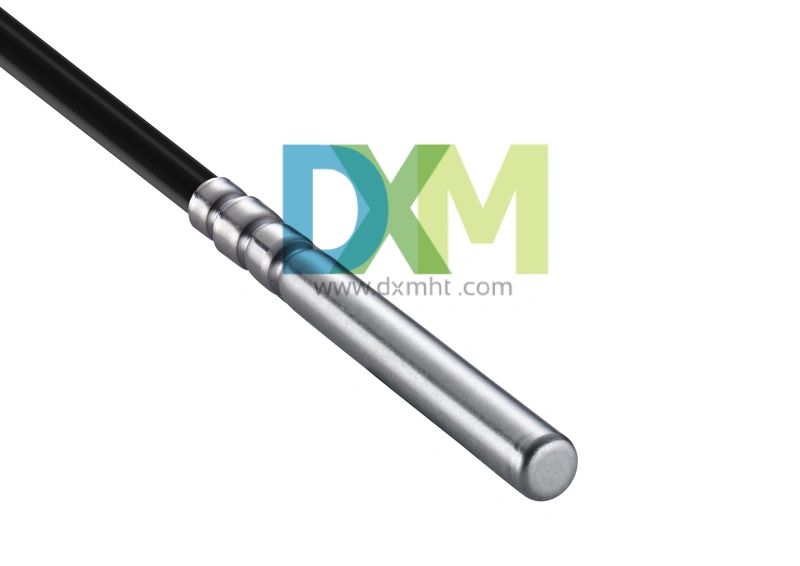
Water Temperature Sensor: The Key to Engine Health and Efficiency

Lightning Surge Protection Varistor: Essential for Protecting Your Electrical Systems
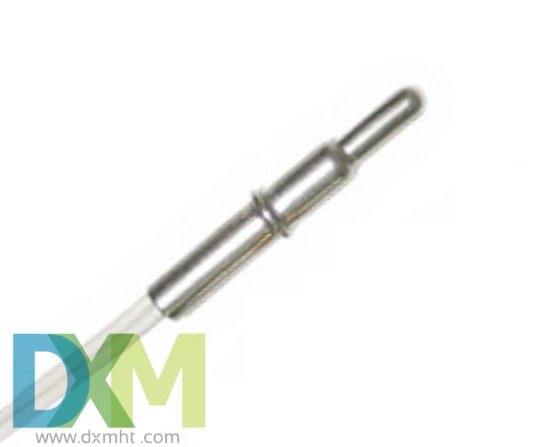
Water Temp Sensor: How to Test it for Reliable Performance?
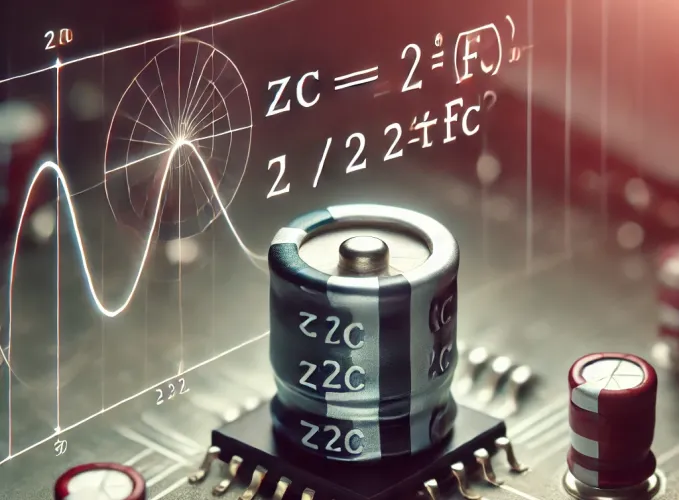
Capacitor Impedance: Calculation Guide & FAQs
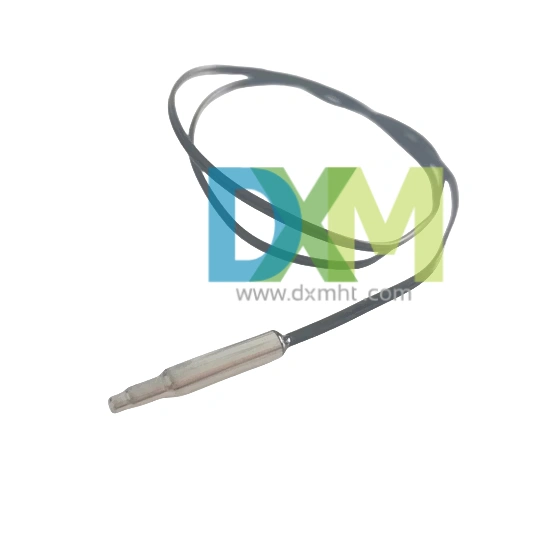
Temperature Probe Sensor: A Comprehensive Guide
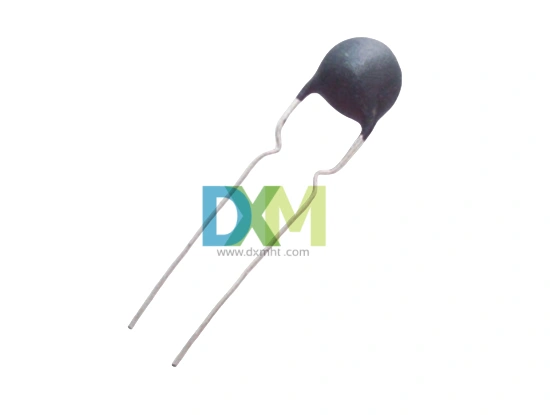
Termistor NTC: What Does a Thermistor Do?
Customized Services
Custom-made sample/order
SHENZHEN DXM TECHNOLOGY CO., LTD. are structured by high-tech talents from famous university
in China and accompanied with a batch of ceramic-sensitive components experts and technology
specialist, have powerful R&D and technology capabilities.DXM is one of a few manufacturers
master core production technology of ceramic-sensitive components in the world.
Samples and orders can be custom-made per customer’s requirements, as below:
1. Application environment of product
2. Required specifications or technical parameters
3. Reference sample
4. Reference drawing
Can I customize (OEM) the product?
Yes. You can customize the product with DXM. Our R&D and production technology have already reached an advanced world level, and we can provide qualified OEM service for global customers.Please specify your requirements to our representative or send samples to our factory office, and we will confirm your details.
Price and Payment
Payment Terms
There are a number of different payment methods that can be used when you deal with us. Two are mostly used: T/T payment in advance for small values and irrevocable L/C at sight for large values.
Logistics
How long does logistics delivery take?
Shipping times depend on your location and the shipping method you choose. Generally speaking, international shipping can take anywhere from a few weeks to a few months.
Shipment
1)Small order quantity and small packing:cargo may be arranged by courier;
2)Bulk order and big volume:shipment may be arranged by sea or by air as per customer’s requirements on FOB, C&F,CIF or LCL terms and do prompt shipment which is very important for our customers, so we do this matter seriously and we may arrange our shipment in time due to our rich experiences in this line. We may also accept the shipment on the term of freight prepaid or freight collect.
You may also like

Varistor Perfet MOV Surge Protection
Get in Touch
Discover premium thermistors, sensors, and resistors tailored to your needs.Our dedicated team of experts is available to assist with product selection, technical queries, and after-sales service. Contact us for custom solutions and experience exceptional customer support.
© 2024 DXM | Designed by gooeyun

 Scan QR Code
Scan QR Code
Scan QR Code
Whatsapp: +8618927361658
Shenzhen DXM Technology Co., Ltd.
DXM PTCNTC
Shenzhen DXM Technology Co., Ltd